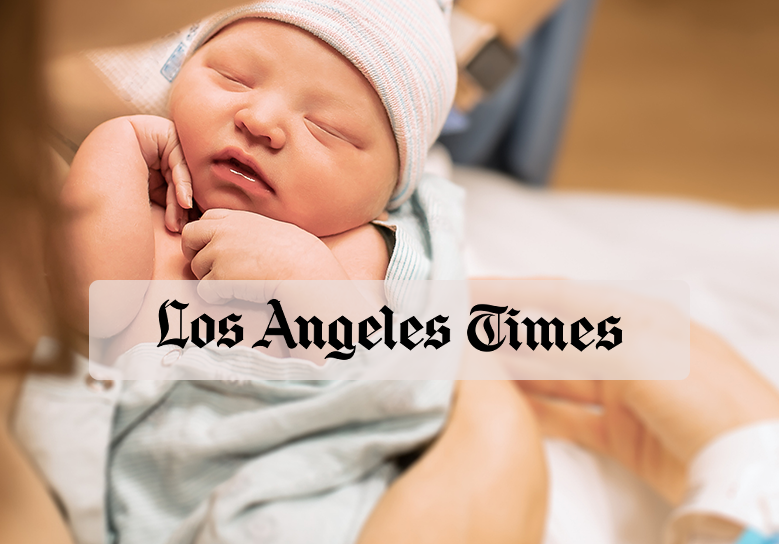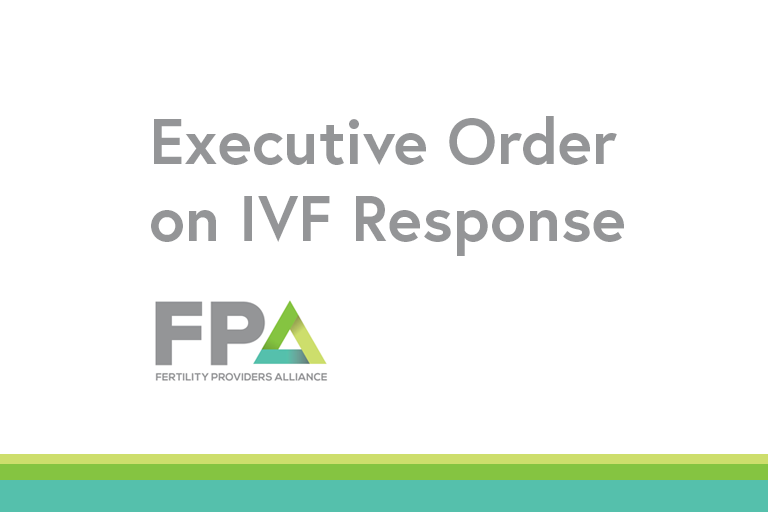From the East Bay’s first IVF baby to advances in AI and the ability to create a baby from a single gene (IVG), Reproductive Science Center rises to the challenge of combating dramatic increases in infertility
San Ramon, Calif., August 29, 2023 – First private IVF clinic west of the Mississippi; East Bay Area’s first IVF conception and first “test-tube baby;” nation’s second birth from a frozen embryo: Reproductive Science Center of the San Francisco Bay Area (RSC) has been on the leading edge of fertility medicine for four decades. But the providers and laboratory scientists are not resting on past laurels. With good reason.
A recent World Health Organization report upped the estimates of infertility to 1 in 6 reproductive age adults – 17.5% of adults, up dramatically from previous estimates of 1 in 8 adults (12.5%). RSC has seen a rise in male and female infertility, as well as the increased need for LGBTQIA+ reproductive treatments like in vitro fertilization (IVF).
RSC’s push to utilize new approaches is partly summed up by this recent statement from the practice’s first IVF baby (1985): “I always feel special that I am a ‘pioneer’ test-tube baby and like to consider my birth a ‘milestone’ in reproductive science,” said Elizabeth Felo, who encourages RSC to explore new milestones to help more people with infertility.
RSC’s integration of AI technology and personalized patient care
RSC has been working with artificial intelligence (AI) algorithms to analyze the most suitable IVF embryos for transfer, recently completing a study (see ClinicalTrials.gov) that will ultimately advance IVF success. Since 2016, RSC has carefully applied the science of machine learning and AI to the art of fertility medicine.
“Nobody wants a machine to make medical decisions,” said RSC’s Dr. Mary Hinckley. “We’re striving to integrate that machine learning into our treatments. Good doctors use medical science and technology but they add the personalization of patient care to make AI come alive and be best suited to an individual patient while being precise.”
The RSC staff sees ways AI and other technologies can be used in the development of perhaps the greatest advancement in fertility medicine since IVF: in vitro gametogenesis (IVG). While still experimental and only successful in mice so far, IVG – like AI – is coming faster than previously anticipated.
IVG involves genetically modifying stem cells obtained from skin, blood or other tissues and reprogramming them into gametes (female eggs and male sperm) that can be fertilized in the laboratory. This could be a huge advancement for couples struggling with infertility, for those with genetic disorders they could pass to their offspring, and as a tool for new strides in regenerative and reconstructive medicine.
But IVG requires careful attention to ethical and clinical considerations, like commercialization and ensuring that created cells are free of genetic problems.
“Probably the most ethically concerning implication for fertility medicine is the potential for IVG to be used to create so-called designer babies, which is selecting embryos for preferred genetic traits,” said Dr. Hinckley. With great science comes great responsibility to the patient and to the greater society.
Fertility medicine needs to address other ethical issues, such as the overarching effect IVG could have on society’s concept of parenthood. Dr. Hinckley said other issues include concern about “embryo farming” through the rapid ability to create multiple embryos. Another is the unauthorized use of another person’s biologic material to create an embryo.
RSC doctors will look to the future when the questions have been resolved. RSC will follow their tradition of establishing rigorous policies and procedures. This includes fully involving each patient in understanding the benefits and risks of any treatment approach – just like they did with Elizabeth Felo’s mother when she agreed to the revolutionary IVF treatment in 1984.
Dr. Hinckley, RSC founder Dr. Louis Weckstein and IVF patient Elizabeth Felo are available for interviews.
[hoops name=”PR-contact”]






